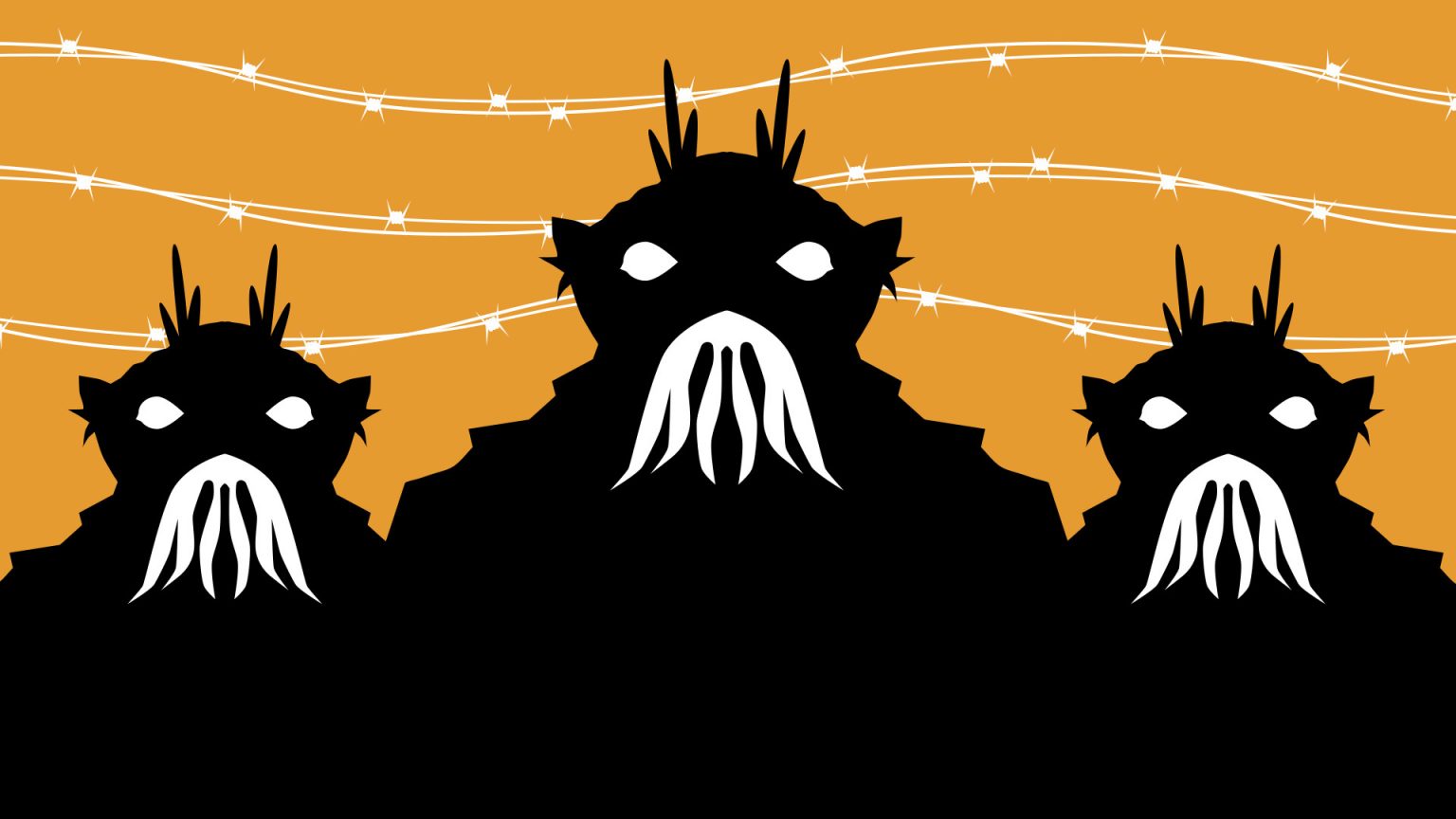Today is National One-Hit Wonder Day, which, is a label typically applied to musicians, but here at Fandor we have a bit of a one-track mind when it comes to movies. So this occasion got us thinking about some of our favorite one-hit-wonder directors. As it turns out, one of our favorite films of this century happens to be the product of a one-hit-wonder filmmaker. That film would be District 9 and the one-hit-wonder would be director Neill Blomkamp.
When District 9 was released in 2009 it caught a lot of people by surprise. Part of this was the film’s brilliant marketing and the awe due to the fact that it was Neill Blomkamp’s first film. Peter Jackson may have put his name (and money) behind the project, which surely gave the film a larger release and budget than what Blomkamp would have received otherwise, but there was still a large aspect of the “unknown” to the film.
The trailer portrayed District 9 as a cinema vérité documentary about what appeared to be an alien invasion over South Africa. Yet there was no hint of the narrative, and no “big name” actors to bring attention to the film. The film portrayed the aliens as bi-pedal anthropods, with their own language and a sole desire to go home. On the contrary, the humans, briefly shown, seemed intense, interrogative, and obsessed with the alien’s weapon technology. Even the first posters — an alien silhouette dotted with bullet holes hanging on a barb-wire fence — hinted at a social commentary. Eventually, the marketing would become more obvious, with a poster that read “Support Non-Human Rights. Everyone Deserves Equality.”
When District 9 was released, it was a critical and box office hit, and, eventually, a Best Picture Oscar nominee.
What Blomkamp accomplished with District 9 is something rare in commercial cinema: a propulsive, endlessly entertaining action movie that also uses its science-fiction concept to explore xenophobia, segregation, race, and class distinctions within South Africa and abroad. In other words: apartheid. Because of Blomkamp’s high-minded aspirations, District 9 was a richly layered, infinitely rewarding film meant for the masses, that also appealed to the “art-house” crowd. It was also, simply, a clever, pulpy B-movie that just so happened to feature A+ filmmaking.
Aesthetically, Blomkamp balances a faux-documentary style, shot with the handheld camerawork of Director of Photography Trent Opaloch, with a summer blockbuster premise. (Opaloch would go on to serve as DP for a little movie called Avengers: Infinity War). This allowed his characters to discuss the central themes of the narrative as part of a documentary crew while having events play out according to the tropes of an action drama.
This style of filmmaking, mixed with the ideals of the narrative, could have resulted in a misguided or overly complicated mess. When there are this many moving parts, it’s easy for a project to go off the rails. But the film has a real emotional and intellectual impact, both for its fictional characters, and for an audience all too aware of the movie’s historical real-world counterparts.
This isn’t to say that Blomkamp’s follow-ups, Elysium or Chappie, are devoid of similarly big ideas — because on a conceptual level both are smarter than your typical sci-fi blockbuster. Elysium attempts to explore class distinctions regarding the world’s lack of environmental policy, as well as issues that will stem from eventual overpopulation. Starring Matt Damon and with a significantly larger budget than District 9, one would hope that Blomkamp’s powerful storytelling would thrive, but unfortunately, a bigger budget led only to larger action sequences rather than the kind of fascinating commentary good science fiction can provide.
Chappie’s issues are similar but more noticeable. The movie centers on the question of whether a robot can ever be treated as a human and if it can feel human emotions. Here, Blomkamp once again takes an important topic for our time as inspiration for a potentially moving narrative. Yet, where we feel for the “prawns” of District 9, the humans and even Chappie (the name of the robot) never earn that same emotional connection with the audience.
Blomkamp’s follow-ups might have fallen short of District 9’s flash of lightning, but at least there’s a clear blueprint for a possible return to form for Blomkamp. District 9 took on the real historical topic of apartheid and posed a “what if?” in relation to present-day politics and society, while brilliantly mixing in high concept science fiction. In doing so, he presented a film that nearly everyone could relate to, could feel for and could connect with.
Blomkamp might be a one-hit-wonder, right now. But we’re holding onto the belief that he’ll once again capture the brilliance we all know he’s capable of producing. And with Blomkamp signed on for the new iterations of both Robocop and Alien, he should have a chance in the near future to capture some of the magic that made his debut so promising.




